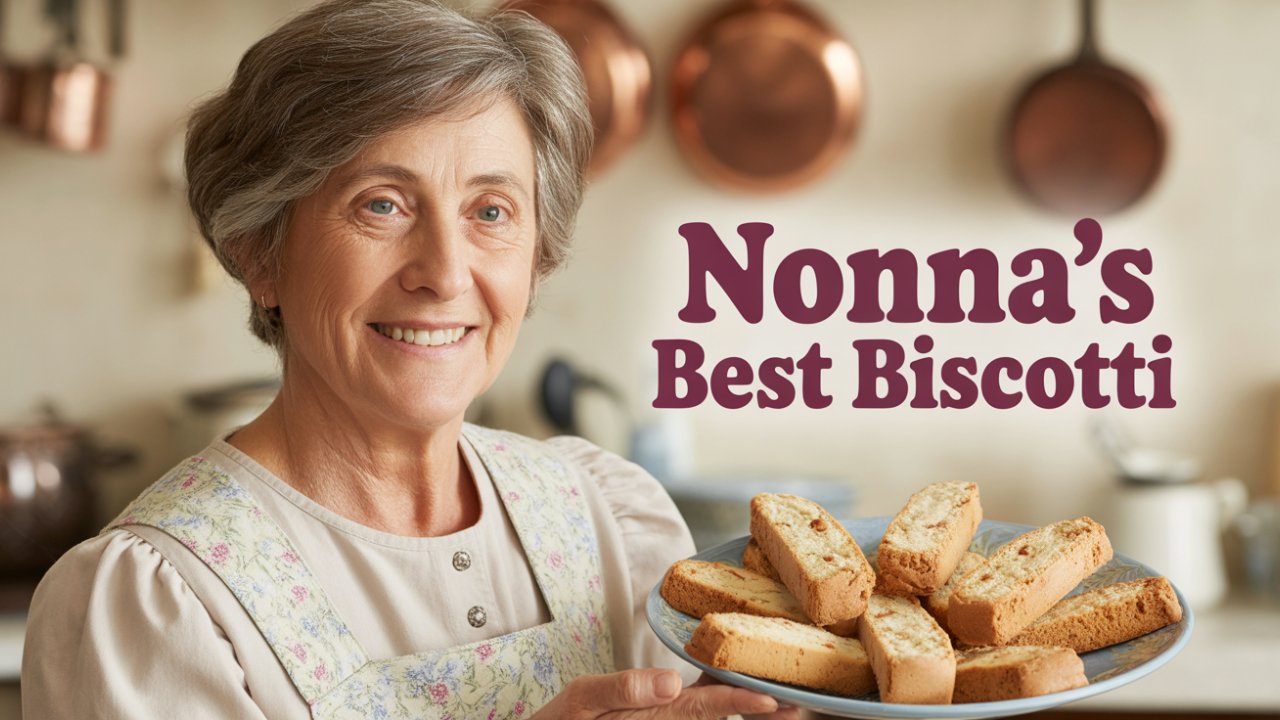In Italy, bread is not just seen as food, but it is such a part of the culture that people consider their identity. The thick crusted rotis made in the villages there, or the round plates of focaccia fragrant with herbs – all these say a lot. They talk about a culture that is connected to the soil, which reflects the hard work of hands, patience of time and experience of taste.
‘Good Person’ = Like ‘Good Bread’
When someone says in Italy, “That man is so good, just like bread”, then understand that this is the truest compliment. There they say: “Buono come il pane” i.e. ‘as good as bread’. This saying reflects the mentality there that nothing is greater than the goodness of bread.
Italian Proverbs Are Also Based on Bread
There is a very famous proverb in Italy:
“Pane al pane e vino al vino”
Meaning – say it as it is. While we say ‘speak clearly’, Italian people say ‘call bread as bread and wine as wine’. It is clear from these proverbs that bread is a part of their language, thoughts and life.
In Italy, Every City Has Its Own Bread
Every village, every city in Italy has its own kind of bread. The reason for this is that Italy became a United Nation much later. Before this, every region was completely independent in its food, language and traditions.
That is why just like every city has its own clock tower, the breads of that city also have the fragrance, ingredients and style of that city. These breads tell who the people are, what they like and what resources they have.
‘Companatico’ – Every Dish Eaten with Bread
When you ask someone in Italy, “What to eat for lunch?”, the answer is –
“Pane e companatico”
i.e. bread and what goes with it.
This companatico can sometimes be:
- Salami
- Cheese
- Olive oil
- A bowl of hot soup
Bread is the mainstay there, everything else accompanies it.
Homemade Bread and Bakery Bread – Both Have Their Own Place
You will be surprised to know that in Italy, the preparation of many dishes begins like this:
“Take 500 grams of bread dough, which you have bought from your baker.”
That is, making bread at home is not common, but it is definitely used in every recipe. Whether it is:
- Pizza
- Focaccia
- Easter sweet breads
Everything starts with the dough.
More than 25,000 Traditional Bakers – A New Aroma Every Morning
Even today, there are more than 25,000 small-scale bakers in Italy who wake up every morning to knead the dough, shape it and bake it in their own unique style. They are not just making bread, they are keeping history alive.
You will find the mark of:
- The hard work of ancestors
- Farm produce
- And culture
in the taste of every roti.
New Form of Traditional Breads – Old Taste, New Colors
In today’s Italy, bakers are making new breads by mixing:
- Ancient grains
- Olive paste
- Pesto
- Sun-dried tomatoes
- Potatoes
- Fine cheese
These breads reflect tradition as well as creativity. These have become not just food, but art.
If This Book Was Written in 1950…
If this book was written in 1950 or 1960, it would probably be a sad farewell. At that time, big industries tried to eliminate traditional bread. Big companies started making cheap, light and fluffy bread that was tasteless and devoid of nutrition.
Machine-made breads started coming to the market, which did not have that human touch.
Grissini, the traditional breadsticks of Italy, were replaced by the same, dull breadsticks coming out of the machine.
But Hope Is Still Alive
Thankfully, there are still small bakers, people who keep family traditions alive.
They get up at 3 am and make the same breads that their grandmother taught them.
They also adopt modern ingredients, but the soul is the same old method.
The Story of a Saint and Bread – Hunger Connected to the Soul
At the beginning of the article there was a beautiful story – of Saint Giuseppe da Copertino.
He was a poor, innocent saint who never learned Latin. But he won the hearts of the Lord and Mother Mary with his dancing and devotion.
When he came before God after his death and was asked to ask for any boon, he simply said –
“I want a big piece of white bread.”
This was the biggest wish of his heart, and God fulfilled it. This shows that even a simple loaf of bread can satisfy the true hunger of the soul.
Conclusion – Bread Is Not Just Food, It Is the Fragrance of Life
Whether you are a chef, a foodie, or just someone who loves Italian culture – bread connects you to the soul of Italy.
It tells you that the real taste is not hidden in showiness, but in simplicity and tradition.
The breads of Italy are a heritage that has been passed down from generation to generation – and hopefully, will continue to be.
